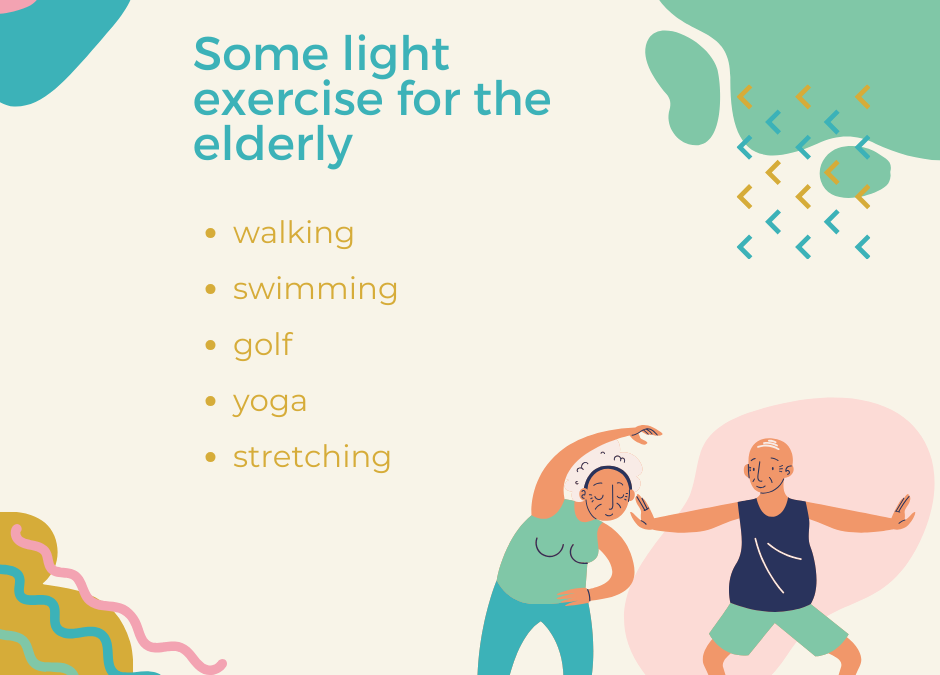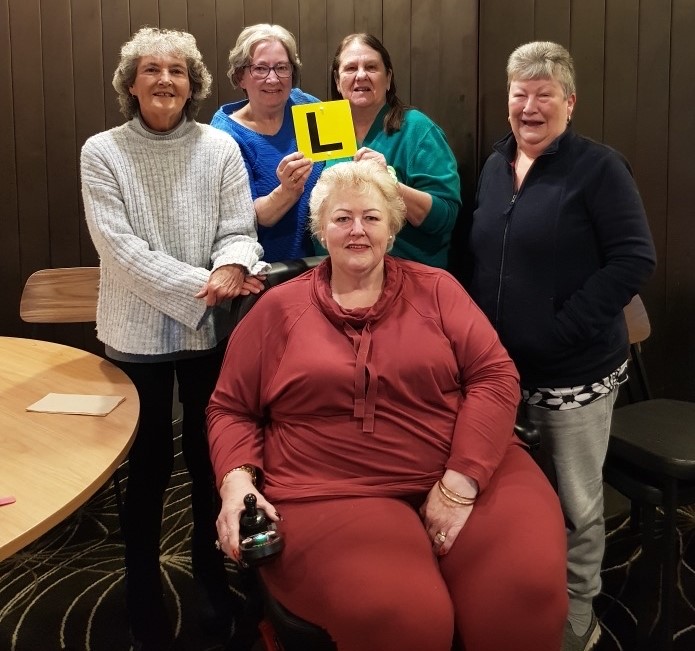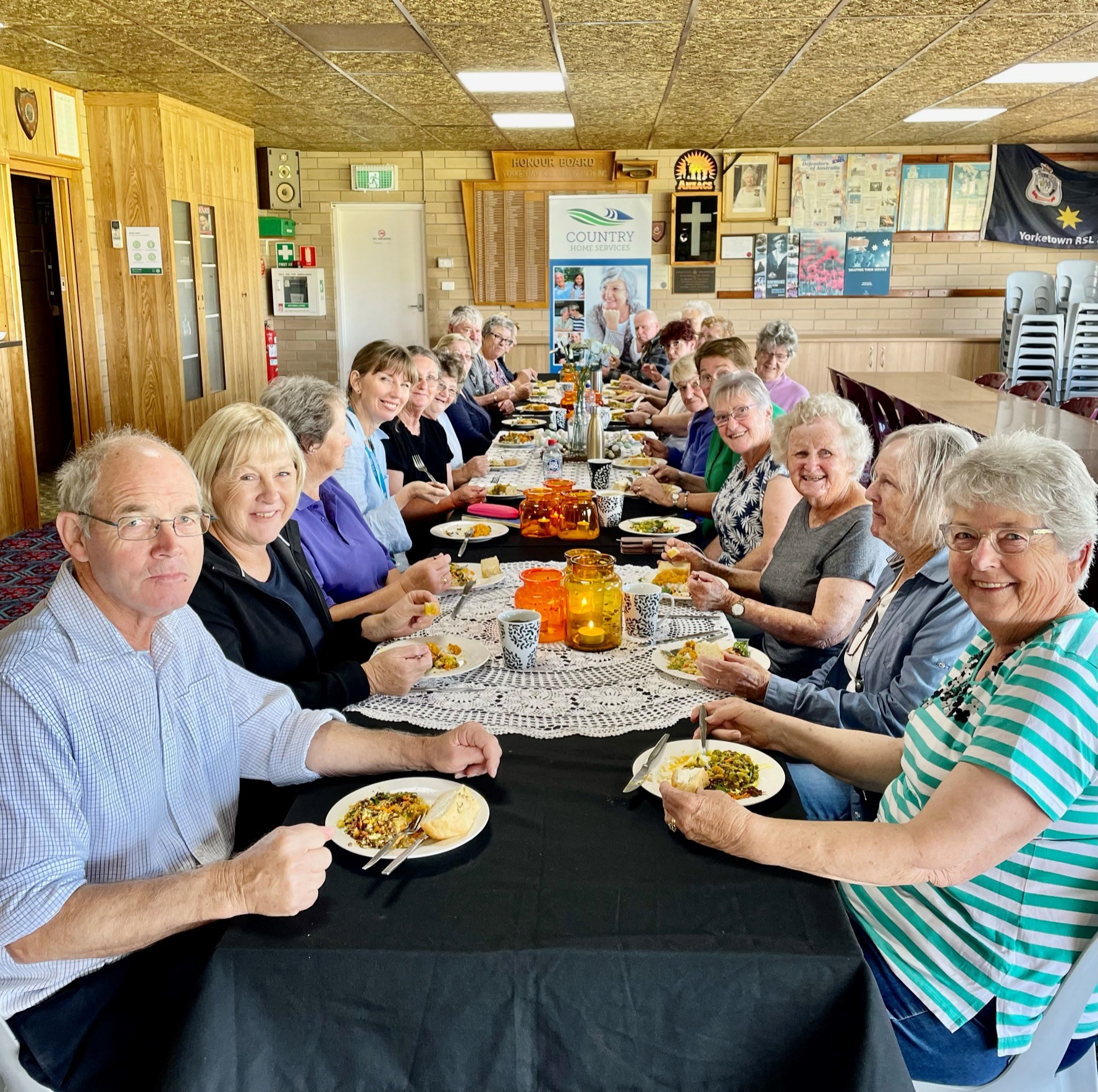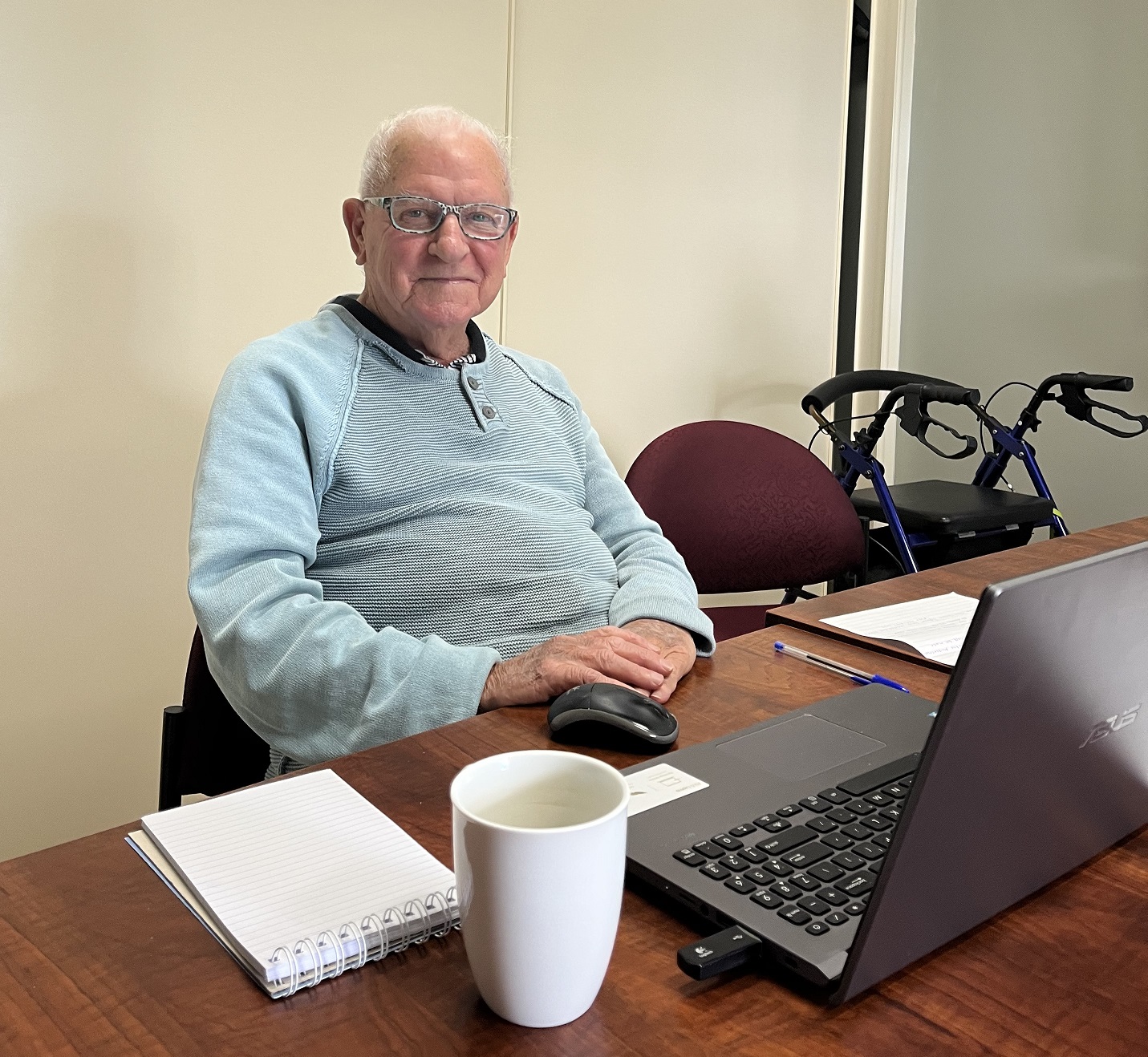
by Sarah | Jan 25, 2024 | Wellbeing
Red Feb is a monthly awareness month, organised by Heart Research Australia in order to raise funds for innovative research into the prevention, diagnosis and treatment of heart disease.
Their goal is to reduce the devastating impact heart disease has on families and the community. The focus is seed-funding for cardiac researchers to investigate new areas. The aim is to make their work competitive for grants from national bodies such as the National Health and Medical Research Council.
Heart disease is still Australia’s leading cause of death affecting families and communities around the country.
If you wish to donate, visit https://www.heartresearch.com.au/donation-page-redfeb/
What is Heart Disease?
Heart disease is Australia’s leading single cause of death, with 18,590 deaths attributed to heart disease in Australia in 2017. Heart disease kills one Australian every 28 minutes¹.
Heart disease is an umbrella term for range of conditions that affect your heart. Diseases under the heart disease umbrella include blood vessel diseases, such as coronary artery disease; heart rhythm problems (arrhythmias); and heart defects you’re born with (congenital heart defects), among others.
The term ‘heart disease’ is often used interchangeably with the term ‘cardiovascular disease’. Cardiovascular disease generally refers to conditions that involve narrowed or blocked blood vessels that can lead to a heart attack, chest pain (angina) or stroke. Other heart conditions, such as those that affect your heart’s muscle, valves or rhythm, also are considered forms of heart disease.
Keeping your heart healthy, whatever your age, is the most important thing you can do to help prevent and manage heart disease.
However, several things are known to increase the risk of developing heart disease. People with two or more risk factors in their lives are much more likely to get heart disease than those with one or none. To read more about heart disease risk factors click here.
By improving your lifestyle, including your diet and level of fitness, you can minimise your risk of getting cardiovascular disease. Even if you have two or more risk factors, you can still make changes that will reduce your chances of developing heart problems.
Women and Heart Disease
Heart disease kills more than two times as many Australian women than breast cancer.
Moreover, about 40% of heart attacks in women are fatal, and many occur without prior warning. Sadly, the majority of women don’t realise it’s one of their leading causes of death.
Why is heart disease less recognised in women?
- Women tend to develop symptoms of heart disease at a much later stage of the illness than men
- Their symptoms are often vaguer or ‘non-specific’
- Some diagnostic tests for heart disease are less accurate in women than in men
- Women are less likely to seek help quickly
- Some health professionals are less likely to check
Women’s symptoms of a heart attack
Did you know that women can experience different symptoms of a heart attack to men and are often less likely to experience chest pain type symptoms?

If you aren’t feeling normal or are experiencing any of the symptoms above, head to your local emergency room or call 000. It is better to take care of yourself and prevent damage to your heart, in the event you are having a heart attack.
When does heart disease occur for women?
It is important to note that heart disease can occur at any age however, around the time when women experience menopause the risk increases significantly. It is thought that women’s natural oestrogen helps protect them from heart disease by supporting the flexibility of the blood vessels and arteries enabling them to adjust to support blood flow. Once there is a drop in these oestrogen levels as well as the other changes occurring around menopause, this causes a significant increase in the risk of heart disease for women.
For earlier identification of cardiovascular disease and more timely and appropriate medical intervention it is advised for women over 45* to have a heart health check and, if they have had children, discuss their obstetric history with their current GP. This enables proactive prevention to be taken to reduce risk.
This information is from https://www.heartresearch.com.au/ please visit if you would like to learn more, or to make a donation to support the cause then visit https://redfeb-24.raisely.com/donate

by Sarah | Jan 11, 2024 | Wellbeing
As you get older, it’s important to do some form of physical activity every day. What you do depends on your health and lifestyle. But there are easy ways to add activity to your day.
For example you could go for a short walk around the block, or attend a local swimming pool. The Department of Health have also put together some suggestions for bringing more activity into your home. This link will give you some ideas on what you can do, – Keeping Active
Even just a slight increase in activity each day can improve your health and wellbeing. It can help:
So how much activity should you do over the age of 65?
According to the department of health, it is recommended that at least 30 minutes of moderate intensity physical activity on most, preferably all, days.
If you find 30 minutes difficult right now, start with just 10 minutes once or twice a day. After 2 weeks, increase to 15 minutes twice a day.
If you can do more than 30 minutes, you will get extra benefits.
Over the course of the week, try to incorporate different types of activities.
Try to reduce the time you spend sitting down – break that time up as often as you can.
For more examples of exercises visit the departments webpage.

by Sarah | Jul 9, 2023 | Client Journey, Country Home Services, Home Care Packages, Wellbeing
Susan sat in her brand-new electric wheelchair, a smile stretching across her face as she watched her friends stroll alongside her. It was a moment she never thought she would experience again. After six long years, she was finally able to join them for a walk, thanks to the help of Country Home Services.
When Susan’s mobility started deteriorating, her friends would invite her for walks, but she couldn’t keep up with them using her regular wheelchair. It was a daily struggle, and the feeling of exclusion weighed heavily on her. Until now.
Through her Home Care Package, Country Home Services supported Susan to purchase an electric wheelchair, along with a specially designed crane in her car to lift it up effortlessly. The newfound independence brought immense relief and joy to Susan. She was no longer reliant on her friends to attend her weekly swimming sessions. With a simple touch, her electric wheelchair was ready, empowering her to head to the pool on her own. “I am happier today than I have been for a VERY long time,” Susan expressed, her voice filled with gratitude.
A new wheelchair provides more than practical assistance; Susan has a renewed sense of purpose and belonging. No longer does she feel isolated or burdened with worries about her mobility. She said she is, “one of the girls again,” able to accept invitations and participate in activities without hesitation. “It was always a pipe dream that I never expected to happen. But you made it happen!” she told her co-ordinator, Tammy.
Susan couldn’t have been more grateful for her co-ordinator and the exceptional care she has received. “I am so very pleased I picked Country Home Services and doubly lucky that Tammy became my case worker,” Susan remarked with a heartfelt appreciation.
As Susan begins to enjoy activities with her friends again, the kindness and support she feels she received has breathed new life into her world, and she is determined to make the most of it.

by Sarah | May 24, 2023 | CHS Community Grants, Community Connections, Country Home Services, Wellbeing
More than an exercise class – Easy Moves SYP
Easy Moves is an activity that truly supports the community. Easy Moves SYP offers weekly seniors-specific exercise classes in Yorketown and Stansbury, with classes averaging between 8-20 participants weekly in each location.
Weekly sessions include a range of physical activities, designed to promote strength, balance, coordination, flexibility, and dexterity, as well as increased mental health, social connection and well-being. The class uses chairs as well as hand-held equipment, such as exercise balls, weights, therabands, and pool noodles. Both new and existing clients regularly comment on their improved overall physical and mental health with consistent class attendance. Clients are often referred by local health services to support health issues including diabetes, weight management, neurological conditions, heart health and mobility. Easy Moves is also an inclusive space, which welcomes members with intellectual challenges as well as their carers, and also clients with physical disabilities such as low vision, hearing impairment and mobility issues.
The addition of a healthy quarterly lunch/afternoon tea at each site has been a welcomed and highly regarded part of the program. Participants gather a few times a year after a class to share healthful, whole foods, providing them with the opportunity to connect, socialise, network, and support each other in a meaningful, community-oriented environment. This has proven to be a remarkably beneficial component of the group, providing much-needed resilience and a sense of community in a regional and remote area such as SYP, where geographic and social isolation play a big role and have a large impact on our ageing population.
During a lively lunch last month, several attendees said the same thing: “I came because a friend invited me and haven’t missed one since.”
We are proud to form a partnership with Easy Moves for this year!

by Sarah | May 23, 2023 | CHS Community Grants, Community Connections, Country Home Services, Wellbeing
Working with Asthma Australia to improve asthma care in Yorkes
Across our rural communities, asthma is a leading health concern. On the Yorke Peninsula, 1 in every 5 or 6 people live with asthma. This rate is higher than the state or national average.
Asthma Australia has recognised that in our communities, the detection and diagnosis of asthma and access to ongoing treatment needs to improve to reduce the risk of asthma attacks and the daily struggle poor breathing is having on people’s lives.
Country Home Services is proud to help Asthma Australia improve asthma care in the Yorke Peninsula with a grant that will supply much needed asthma diagnostic equipment to medical centres. One piece of equipment will ensure compliance with COVID requirements and the others will ensure testing machines will be accurate. With extra funding from Country SA PHN, Asthma Australia has helped train nurses in Minlaton, Maitland and Ardrossan to use the asthma diagnostic equipment, and in Wallaroo by the Better Care in Community team. This new equipment is now critical to comply with COVID infection control regulations.
In addition to improving medical training and equipment, Asthma Australia has identified that an asthma outreach clinic is sorely needed to help traverse the large distances between our towns.
The outreach clinic will be run by trained nurses and equipment will be in the clinic. The nursing team will be supported by Kerry Goldsworthy in the Asthma Australia outreach clinic. Kerry is a local Asthma Community Connector trained by Asthma Australia, providing excellent support through asthma first aid talks to community groups and schools, supporting people with asthma one on one, and sharing resources across the community.
To find out more about the outreach clinic you can contact Kerry by email kgoldsworthy@asthma.org.au or phone 0498 073 899.

by Sarah | May 8, 2023 | Community Connections, Country Home Services, Wellbeing
Empowering our clients in the IT world
“We’re expected to do more and more things online, but people forget we didn’t grow up with it. It’s a different language and I don’t speak it.”
These words were spoken by Bruce, but his words are echoed by many of our clients. In consultation with our Country Home Services’ client advisory group, we started monthly IT sessions in our Kadina, Clare, and Nuriootpa offices.
These sessions were tailored to whatever clients said they’d like help with at the time. Some clients came with a limited understanding of the internet/technology, and some had more.
Ron’s first goal was learning to send a text message. He found the informal, social, safe learning space helpful, “My voice is heard, and I feel so much more confident now. I like that I can do things for myself, and I’m confident to try things.”
Kris wanted to have more confidence and skill using her smartphone and tablet. Geoff and Jan, both members of CHS’ client advisory group, are passionate advocates for clients learning.
Geoff enthused, “We need to get up to date, and if I go along to the sessions, at least I can share the things I do, and people might be encouraged that they could do it too.” Jan strongly promotes empowering clients, “We’re old,” she said bluntly, “We’re not stupid. We can be taught how to use technology, not just have people do it for us.”
The IT Sessions were a trial and finish up in May. Country Home Services may continue sessions in some locations; however, there are already some excellent free IT sessions run by community centres and libraries. Our client advisory group is reviewing the IT trial and investigating other ways we can keep supporting clients and communities.
If you have thoughts or suggestions, let us know!







